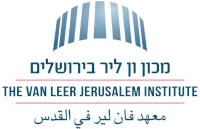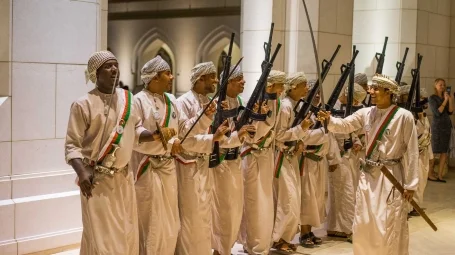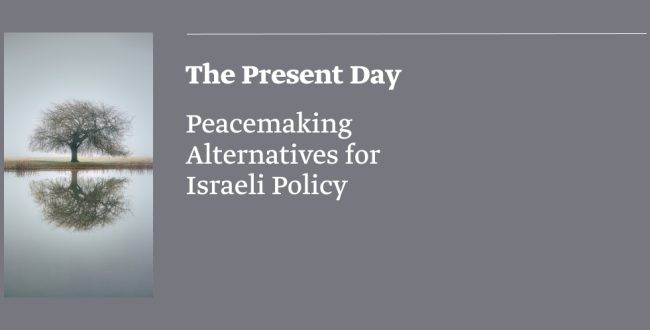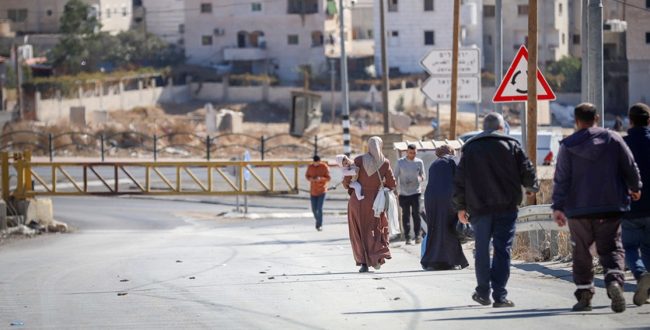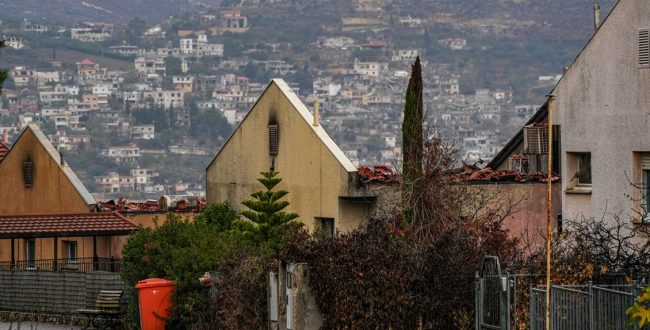Since the 1960’s, the countries of the Arabian Gulf (commonly referred to as the Khalij) have undergone rapid economic and infrastructural development resulting from the import of American petroleum companies and technology, and the commodification of oil on an international scale.
Over the past few decades, a region that had largely been disregarded in mainstream Arabic intellectual history, due to the dearth of written literary sources and thus the alleged lack of a literary history or culture, began to establish institutions of higher education, literary culture, and initiatives for the preservation and promotion of local scholasticism at an astounding speed.
With the rise of Khaliji higher education and scholastic culture, particularly notable is the role of women in an increasingly literary society. Women writers and academics make up a significant part of humanities and social sciences departments in Khaliji universities, and women authors of literature have become increasingly prominent and numerous over the past two decades.
Many women writers have received local awards for their novels, short stories, and poetry, as well as recognition throughout the Arabic-speaking world. Similarly, many women academics have risen to positions of influence within local institutions of education and culture. Most of these women are university-educated and thus literate, socially aware, and invested in the future of their societies.
Among the works of these authors, there are several conspicuous rhetorical devices and literary tools that point to anxiety regarding a woman’s increasing social awareness with her education. Some of these tools include the fantasy realm, instances of hearsay or an unreliable character, or abstract language or metaphor, which create a zone of safety from which to critically examine gender relations. For example, the first Omani woman to have her work published in English, Laila Al Bellucci, writes in her debut novel Mirabella and the Pearl of Chulothe (2011) about a woman who discovers superpowers in the university library, which she uses on a journey to help unlock secrets of the past.
Huda al-Jahouri addresses issues of ethnicity and racism in Omani society in her novel Things Are Not in Their Place (2009), where the experience of reading and exposure literature act as a metaphor for awareness, enlightenment, and hope for oppressed women of color. In The Leafy Tree (2009), Riyadh’s Umaima Al-Khamis presents a woman who becomes exposed to the world of knowledge through a colleague’s stories of education in Europe, and who lives a parallel life through her imaginary adventures. There are many more examples of women who investigate notions of education and knowledge acquisition through similar literary tools, maintaining distance from explicit forms of social critique.
There are also women throughout the Khalij who candidly address gender inequality through their literary works, often risking their social reputations and even their livelihoods. Hissa Hillal, writing under the pseudonym of Remia, a Bedouin woman from the northern region of the Arabian Peninsula, uses a combination of social commentary, poetry, and fiction in her book Divorce and Kholu’ Poetry — A Reading of the Status of Women in Tribal Society —Nabati Poetry as a Witness (2010) to address issues that some women face in tribal society (although she notes frequently that not all women have oppressive experiences in these societies).
Kuwaiti Laila al-Othman has spent decades openly writing about social issues – particularly concerned with women’s oppression by political Islamists – in newspapers, poems and novels, and most recently in her new book Aba’at al-Maqam (2011), repeatedly making her the object of harsh public criticism.
Many Khaliji women are active in the academy and have established institutions or literary societies, helping more women gain exposure to potential career paths and inspiration. One of the more influential female academics, Dr. Rafia Ghubash, is the president of the Arabian Gulf University in Bahrain, serving formerly as dean at the United Arab Emirates University in Al-Ain.
With a degree in medicine, Dr. Ghubash also addresses issues of literature and culture through her extensive works on Life of the Poet Hussein Bin Nasser Al Lootah (2007) and Ousha Bint Khalifa Al Suwaidi (2011). She is also President of the Arab Network for Women in Science and Technology, an organization that assists women in obtaining leadership positions in the natural sciences. Similarly, Oman’s Dr. Rahma al-Mahrooqi, director of Sultan Qaboos University’s Humanities Research Center and former director of SQU’s Language Centre, published studies about English language instruction in young women’s classes, and encourages cooperation between prominent women academics across the Arabian Gulf.
Last year, Dr. Mahrooqi signed an agreement with Professor Mariam Ali Al Maadeed, Vice President for Research & Graduate Studies at Qatar University, to create a joint research fund. On a more grassroots level are women like Fatima Al Bannai, an Emirati woman born in Bahrain, who founded the organization ‘Untitled Chapters: Inspiration,’ which aims to “become a hub for female Emirati writers to find each other, come together and interact with each other, share stories and experiences.” Important figures such as these encourage cooperation among Khaliji women for purposes of national cultural enrichment and growth.
Many intellectuals have come to look upon women’s rights – or more broadly, women’s place in society – as a focal point for reflecting upon the intersection of Arab and Western ideas in the postcolonial order. Among the most prominent of these writers, Laila Abu-Lughod addresses problems of projecting Western feminist values onto the Islamic world.


